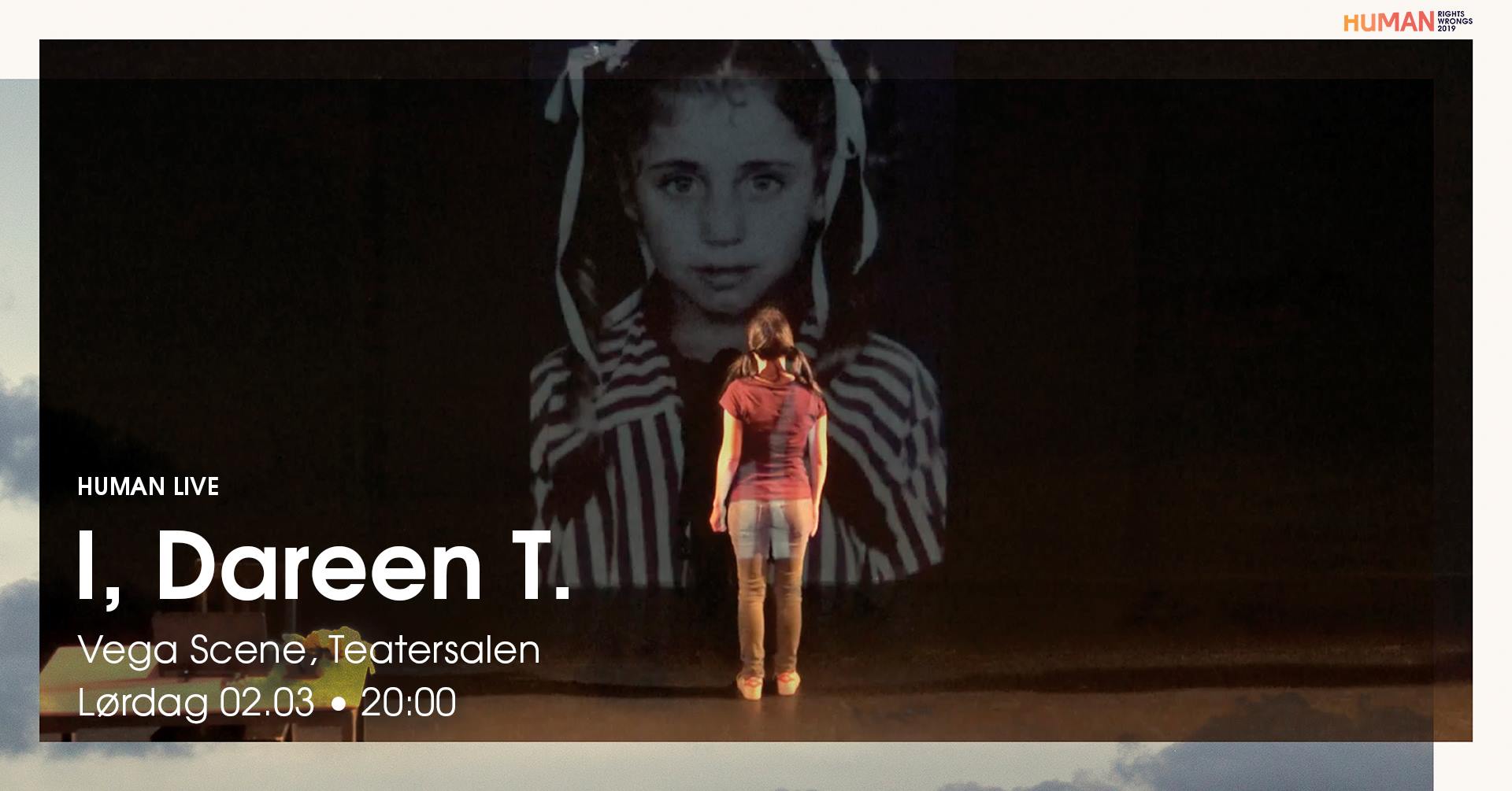3 March: Poet behind bars
18.00, Sunday 3 March, SALONGEN, Vega Scene, Oslo
Free entry
Across the globe, artists are threatened and incarcerated due to their courage to speak up against their governments’ human rights abuses. What is it like to be imprisoned for raising your voice? How does censorship affect artists’ practice? Does it force them to silence, change the way they work, or give them more energy to continue their struggle?
Same country, yet two very different realities: As a Palestinian living in Israel, Dareen Tatour is faced with treats of long prison sentences. Israeli Einat Weizman is faced with censorship and public shaming. How do the two artists reflect on their collaboration and responsibility for each other?
Conversation between:
Einat Weizman is an actor, director, playwright and political activist based in Tel Aviv. All her plays, performances and events are around documentary theater, which is used as an investigative tool inside the hidden spots of the Israeli apartheid. Her works are controversial in Israel. She has been censored by the Israeli government, and her play Prisoners of Occupationhas been used as an example by Minister of Culture Miri Regevas example for why Israel needs a Loyalty in Culture bill and why there should broadly be loyalty in art to the state of Israel.
Dareen Tatour is Palestinian poet, photographer, and social media activist from Reineh, Israel, who writes in Arabic, her mother tongue. Following the YouTube-publication of her poem “Resist My People, Resist Them”, she was tried and convicted in 2018 in an Israeli court for «inciting violence» and «supportinga terrorist organization». She was released in September 2018.
Moderator: Kristina Quintano, publisher and translator.
Organised together with Human Rights Human Wrongs International Documentary Film Festival and Vega Scene
DO NOT MISS:
2 March, 20:00 hrs, Vega Scene, showing the documentary theatre work: I, Dareen T.
I, Dareen T is a documentary theatre work based on the story of Palestinian poet Dareen Tatour, who was convicted by the Israeli authorities for “incitement to violence” over a poem and two posts she published on Facebook. She held a long legal battle (during which she was under house arrest) to prove that her poem and posts constituted a legitimate protest against the crimes of the Israeli occupation. In May 2018 she was convicted, sentenced to five months in prison.
More information about this program here.





